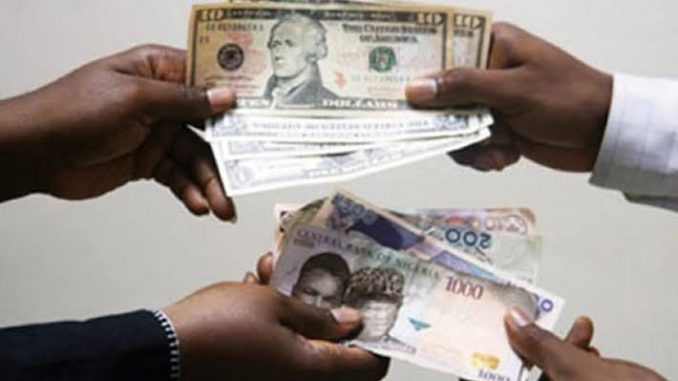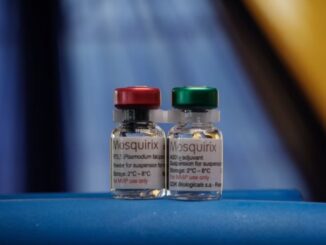
The Central Bank of Nigeria (CBN), has devalued the country’s naira at one of its currency auctions, it was learnt.
The CBN Governor Godwin Emefiele, had, last month, announced that the bank planned to unify its multiple exchange rates to improve the transparency of its currency-management system.
Before now, for proper regulation, investors and the International Monetary Fund (IMF) had, over time, called on Nigeria to merge its multiple exchange rates, with a belief that the absence of a single rate creates confusion and deters foreign investment.
At the Friday’s auction for importers, the CBN asked that bids for foreign exchange be made at N380 to a dollar, against N360 it previously exchanged per dollar.
ALSO READ: OPay suspends ORide, OCar, OExpress business operations in Nigeria
However, the apex bank has blamed the currency devaluation on shortage of forex in the economy it said caused the naira to fall below the official rate.
The Deputy Governor, Financial Systems Stability Directorate, CBN, Aishah Ahmad, said this in her presentation at the last Monetary Policy Committee meeting.
“For instance, in response to supply constraints at the foreign exchange market, the exchange rate depreciated by 5.3 per cent from N360/$ to N380/$,” Ahmad said.
Recalled that the CBN, had, in March 2020, devalued naira, when it adjusted its official rate against the dollar to 360 from 307.
In the last three years, it has been found that there is another rate for investors and exporters which is called the NAFEX window, said to be a spot-rate for the naira.
NAFEX, the Nigerian Autonomous Foreign Exchange Rate Fixing mechanism, which is commonly referred to as the “Investors’ and Exporters’ FX Window,” is believed to boost the FC supply and the flow of FC liquidity into the banking system.
This is said to be because the NAFEX rate is a polled rate based on the submissions of ten (10) contributing banks and calculated using a trimmed arithmetic mean. Hence, the average would slightly differ from each bank’s rate
So, the NAFEX introduced and adopted into the system since 2017 is also seen as a way of wooing back foreign investors threatened by an economic crisis, without formally devaluing the currency.
Naira has been relatively stable around N388 per $1 since mid-May following a recovery in oil prices.
But what necessitated the devaluation is believed to be the trend noticed at the black markets where naira trades freely at higher rates, but which Emefiele had faulted as illegal trade.
At black markets, currencies were sold by the regulator to companies and individuals at varying rates.




